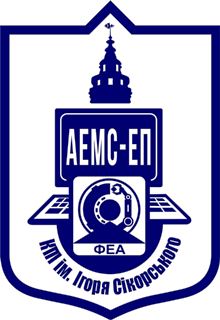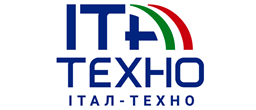| Subject / Educational component | Integrated Automation Systems |
| Educational level | second (master’s) |
| Year of study, semester | 1 (2) |
| Number of ECTS credits | 4.5 |
| Language of study | English |
| Department | Automation of electromechanical systems and electrical drives department |
| Assumed knowledge and prerequisites | Knowledge of elements and electrical devices, synthesis of logic circuits, automation systems, control and automation of technical systems. |
| The scope of the course | – tools for the implementation of complex distributed automation systems;
– technologies of integration and interaction of elements of these systems; – basics of technological processes automation systems development; – basics of industrial digital data transmission networks; – principles of communication between elements of automation systems; – methods of human-machine interfaces development. |
| Rationale | Integration of various automation systems allows to increase process efficiency, qualitative characteristics of work of system, to improve controllability and flexibility of technical system. The user-friendly graphical interface greatly simplifies human interaction with the technical system. This stimulates the expansion of the scope of automation systems and leads to an increase in demand for specialists in the field of automation. |
| Learning outcomes
|
– read schemes of automation of technological processes;
– design the structure of a distributed automation system; – select equipment for collecting information about the object, implementation of the automation system, human-machine interface and communication of all components of the automation system; – develop interfaces for local and remote control of the process automation system; – to adjust the interaction of the components of the distributed automation system through industrial digital networks. |
| Competencies and skills
|
Develop and maintain distributed automation systems. |
| Instructional Materials: | Syllabus, learning materials (guidelines for laboratory work) |
| Mode of delivery: | lectures (seminars / workshops / tutorials) |
| End-of-semester control: | exam |










